39 psychiatrists and psychologists label behavior as disordered when it is
12.1 Psychological Disorder: What Makes a Behavior "Abnormal"? A psychological disorder is an ongoing dysfunctional pattern of thought, emotion, and behavior that causes significant distress, and that is considered deviant in that person's culture or society (Butcher, Mineka, & Hooley, 2007). Psychological disorders have much in common with other medical disorders. What Are Psychological Disorders? - Psychology A psychological disorder is a condition characterized by abnormal thoughts, feelings, and behaviors. Psychopathology is the study of psychological disorders, including their symptoms, etiology (i.e., their causes), and treatment. The term psychopathology can also refer to the manifestation of a psychological disorder.
Mental Disorders: Definition, Symptoms, Types, Treatments Some of the symptoms that a person with a mental disorder might experience include: 2. Anxiety. Changes in appetite. Changes in behavior. Changes in mood. Changes in sex drive. Delusions, hallucinations, or other difficulties perceiving reality. Depression or feelings of sadness. Difficulty sleeping.
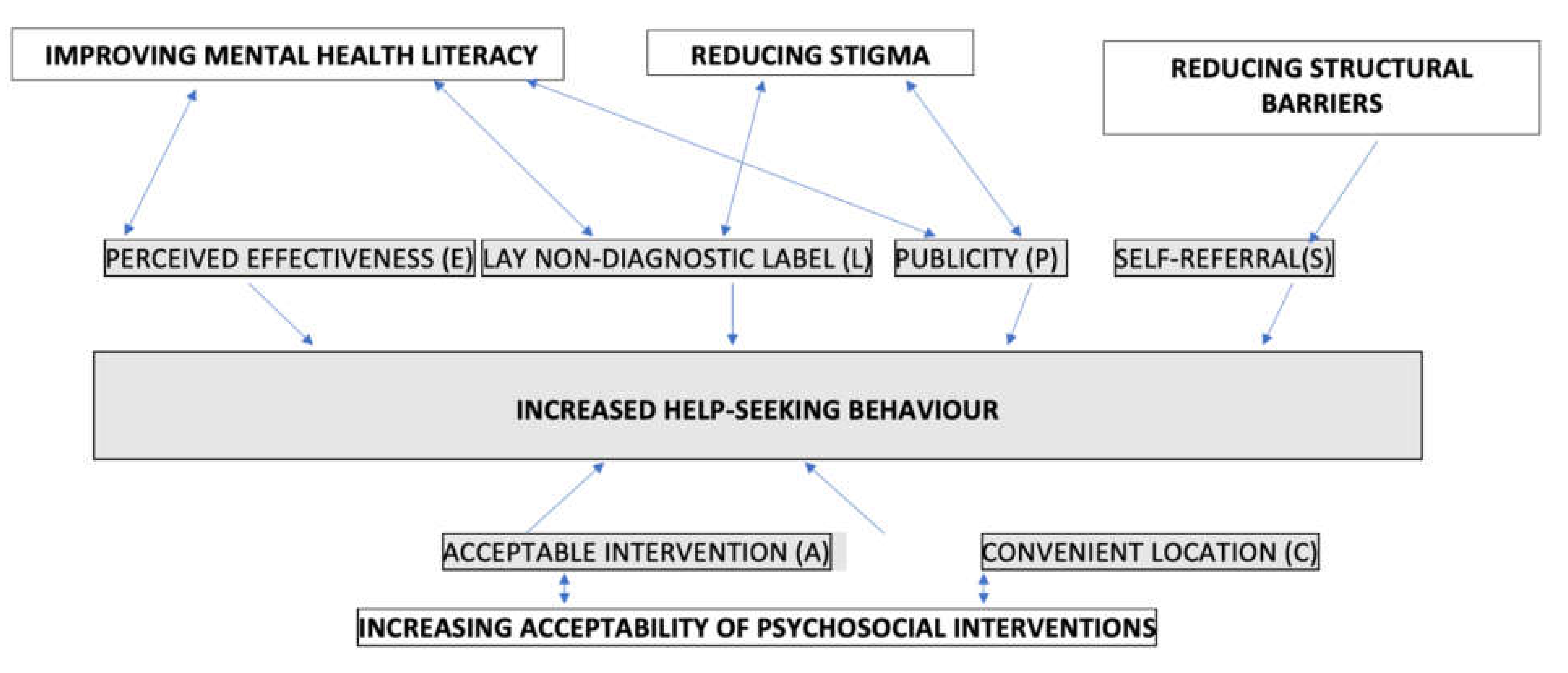
Psychiatrists and psychologists label behavior as disordered when it is
Psychiatric Diagnostic Labels: What Do They Mean? - Psychology Today The DSM is a categorization of diagnostic labels, each defined by a menu of mostly observable behavioral traits, with the diagnosis made by endorsing a certain number of them, e.g. 4 out of 7. The... The Differences Between Psychology and Psychiatry Both psychologists and psychiatrists can provide psychotherapy. However, most psychiatrists treat patients primarily by prescribing medication, while psychologists mainly rely on providing talk and/or behavioral therapy. Some states now grant psychologists prescription privileges once they complete the required education and training. Should My Child See a Therapist, Psychologist, or Psychiatrist? — Child ... Your child might benefit from seeing a psychologist if: You think your child might have a condition that affects his learning or neurology, such as ADHD, a learning disorder, or autism spectrum disorder. Your child needs support to manage emotional or behavior problems. You would like a more detailed diagnosis for your child, and a full picture ...
Psychiatrists and psychologists label behavior as disordered when it is. What Is Histrionic Personality Disorder, Amber Heard's Controversial ... According to a forensic psychologist hired by Johnny Depp's legal team, his ex — actress Amber Heard — has histrionic and borderline personality disorders. Heard's psychologist has said the only condition Heard suffers from is post-traumatic-stress disorder, due to Depp's alleged abuse.. The former couple is in the midst of a weeks-long defamation trial that's further exposed their toxic ... Psychiatrists and psychologists label behavior as disordered when it is ... Psychiatrists and psychologists label behavior as disordered when it is: a. aggressive, persistent, intentional, and has duration. b. selfish, habitual, harmful, and avoidable. c. deviant, dangerous, distressful, dysfunctional, and has duration. d. biologically influenced, unconsciously motivated, and difficult to change. Answers Psychological Labels: Read Carefully Before Applying When used correctly, labels are a great way to convey a lot of meaning in just a word or two. When misused, they can become weapons for dismissing, denigrating and dominating others. Here are some ways to become more conscious about the labels we use and why we use them. Solved 1. Psychiatrists and psychologists label behavior as - Chegg 1. Psychiatrists and psychologists label behavior as disordered when it is: aggressive, persistent, and intentional. O selfish, habitual, and avoidable. deviant, distressful, and dysfunctional. biologically influenced, unconsciously motivated, and difficult to change. Listen 2. A fundamental problem with the diagnostic labeling of psychologically
A List of Psychological Disorders - Verywell Mind Depersonalization/derealization disorder is characterized by experiencing a sense of being outside of one's own body (depersonalization) and being disconnected from reality (derealization). People who have this disorder often feel a sense of unreality and an involuntary disconnect from their own memories, feelings, and consciousness. 6 Psychiatrists and psychologists label behavior as disordered when it is ... Psychiatrists and psychologists label behavior as disordered when it is - Q/A (Question and Answer) 🎓 Get access to high-quality and unique 50 000 college essay examples and more than 100 000 flashcards and test answers from around the world! Chapter 14 Flashcards | Quizlet Psychiatrists and psychologists label behavior as disordered when it is A. aggressive, persistent, and intentional. B. selfish, habitual, and avoidable. C. deviant, distressful, and dysfunctional. D. biologically influenced, unconsciously motivated, and difficult to change. C Chapter 12 part 1 Flashcards | Quizlet Psychiatrists and psychologists label behavior as disordered when it is a. aggressive, persistent, and intentional. b. selfish, habitual, and avoidable. c. maladaptive, distressful, and dysfunctional. d. biologically influenced, unconsciously motivated, and difficult to change. e. instinctual, obsessive, and harmful. c
Psychiatrists and psychologists label behavior as disordered when it is ... When Disordered Behavior is the Diagnosis. Behavior can be generally defined as the way we do things. In psychology, disordered behavior is considered a symptom of an underlying psychological ... Psychiatrists and psychologists - healthdirect The main difference between the two is that a psychiatrist has trained as a medical doctor and can prescribe medication. A psychologist is not a medical doctor and can't prescribe medication. However, there are many similarities between psychiatrists and psychologists. Both are trained to understand how your brain works, how you think and how ... 13.1 Psychological Disorder: What Makes a Behaviour Abnormal? A psychological disorder is an ongoing dysfunctional pattern of thought, emotion, and behaviour that causes significant distress, and that is considered deviant in that person's culture or society (Butcher, Mineka, & Hooley, 2007). Psychological disorders have much in common with other medical disorders. Mental disorder - Wikipedia A mental disorder, also called a mental illness or psychiatric disorder, is a behavioral or mental pattern that causes significant distress or impairment of personal functioning. Such features may be persistent, relapsing and remitting, or occur as single episodes. Many disorders have been described, with signs and symptoms that vary widely between specific disorders.
finia exam - 1. Psychiatrists and psychologists label behavior as ... Psychiatrists and psychologists label behavior as disordered when it is A) aggressive, persistent, and intentional. B) selfish, habitual, and avoidable. C) deviant, distressful, and dysfunctional. D) biologically influenced, unconsciously motivated, and difficult to change. C ) deviant , distressful , and dysfunctional .
Psychology Acronym Glossary | Psychology.org Psy.D.: Doctor of Psychology Mental Illnesses Acronyms ADHD: Attention Deficit Hyperactivity Disorder APD: Antisocial Personality Disorder ASD: Autism Spectrum Disorder BD: Bipolar Disorder BED: Binge Eating Disorder BDD: Body Dysmorphic Disorder BPD: Borderline Personality Disorder DMDD: Disruptive Mood Dysregulation Disorder
Classifying Psychological Disorders - CliffsNotes Anxiety is a diffuse, extremely unpleasant feeling of vulnerability, apprehension, and fear. Symptoms of anxiety disorders include motor tension (trembling, jumpiness, inability to relax), hyperactivity (racing heart, dizziness, perspiration), and apprehension (disturbing thoughts). The following five (of the thirteen in the DSM‐IV) types of ...
12.1 What are Psychological Disorders? - Introductory Psychology A psychological disorder is, broadly, a condition characterized by distressing, impairing, and/or atypical thoughts, feelings, and behaviors. Psychopathology is the study of psychological disorders, including their symptoms, etiology (i.e., their causes), and treatment. The term psychopathology can also refer to the manifestation of a ...
Labeling You a Mental Health Patient | Psychology Today Eric Maisel, Ph.D., is a psychotherapist, bestselling author of 40 books, and widely regarded as America's foremost creativity coach. His latest book is Rethinking Depression: How to Shed Mental...
Mental Health 'Labels' Can Negatively Impact ... - Psychiatry Advisor Even though the person in the video only had an anxiety disorder, many of the therapists' analysis of the patient was negatively influenced by the label borderline personality disorder rather ...
study guide 6 - Psychology 300 Quiz 6 Study Guide Page 1 1 ... A fundamental problem with the diagnostic labeling of psychologically disordered behaviors is that the labels often: create preconceptions that guide our perceptions and our interpretations. We view that person differently. P50310.
Should My Child See a Therapist, Psychologist, or Psychiatrist? — Child ... Your child might benefit from seeing a psychologist if: You think your child might have a condition that affects his learning or neurology, such as ADHD, a learning disorder, or autism spectrum disorder. Your child needs support to manage emotional or behavior problems. You would like a more detailed diagnosis for your child, and a full picture ...
The Differences Between Psychology and Psychiatry Both psychologists and psychiatrists can provide psychotherapy. However, most psychiatrists treat patients primarily by prescribing medication, while psychologists mainly rely on providing talk and/or behavioral therapy. Some states now grant psychologists prescription privileges once they complete the required education and training.
Psychiatric Diagnostic Labels: What Do They Mean? - Psychology Today The DSM is a categorization of diagnostic labels, each defined by a menu of mostly observable behavioral traits, with the diagnosis made by endorsing a certain number of them, e.g. 4 out of 7. The...

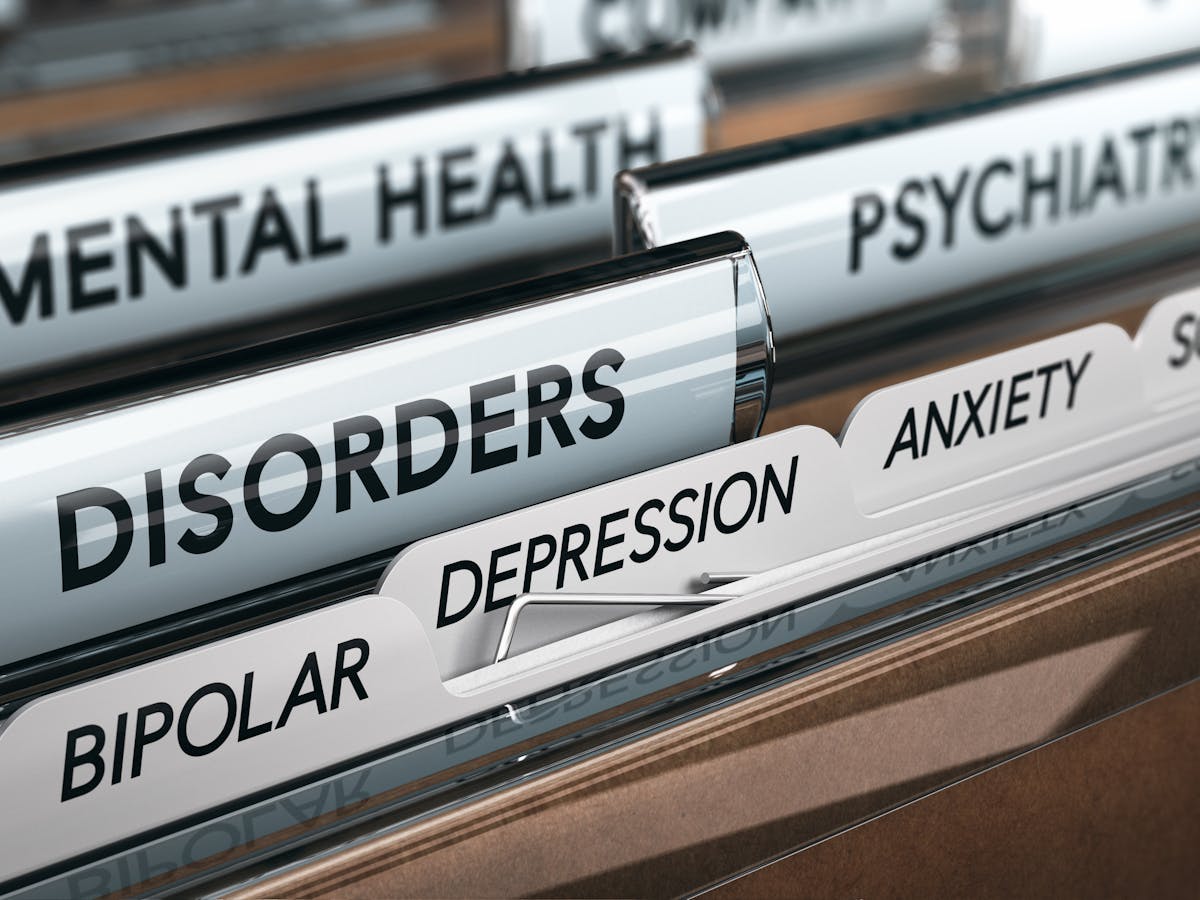
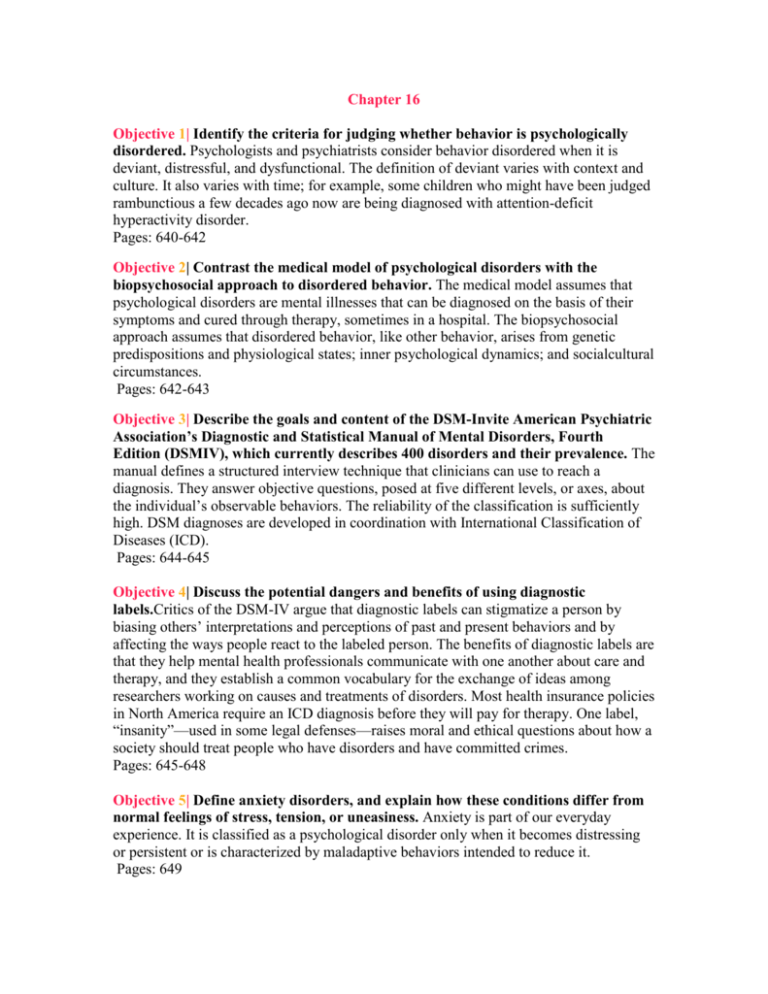



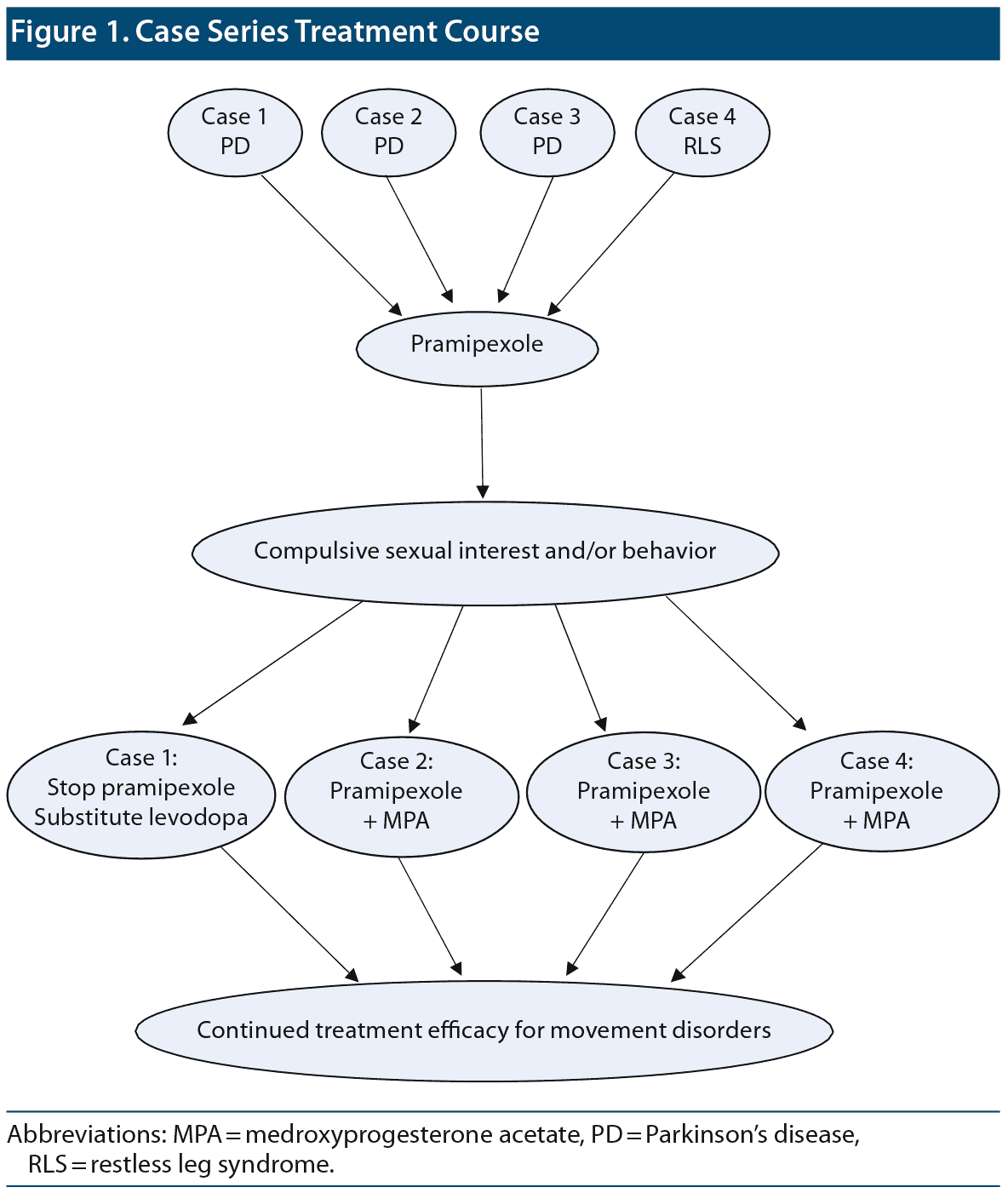
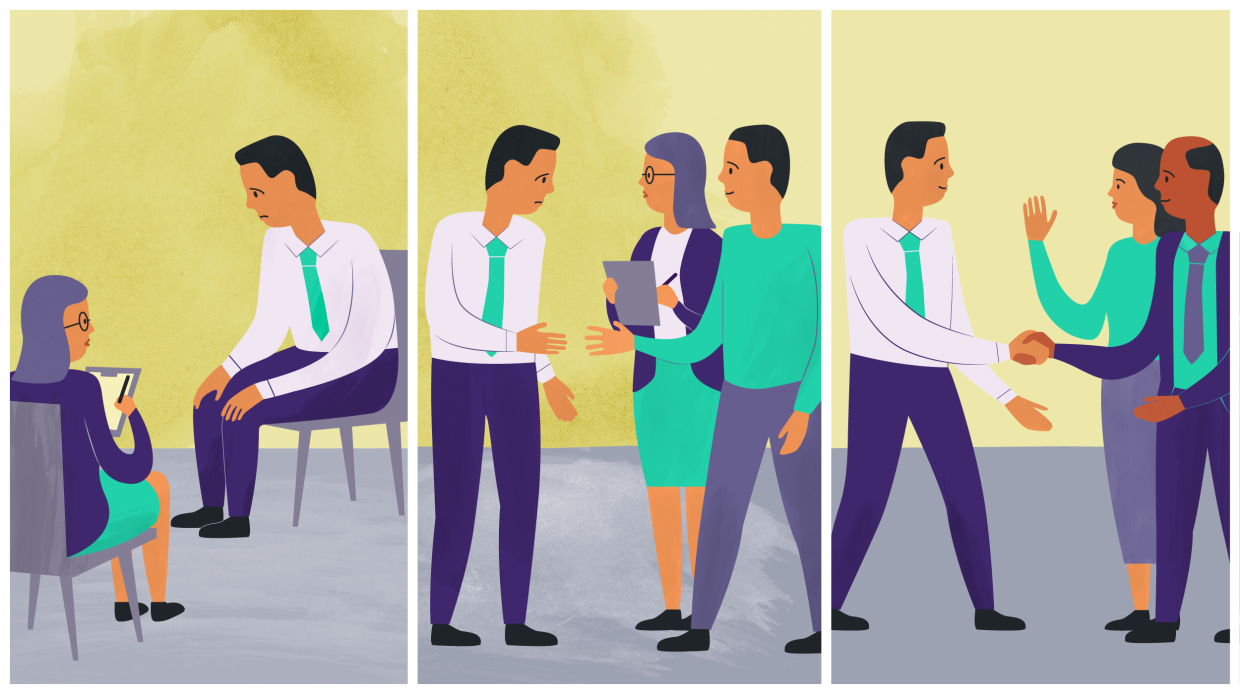





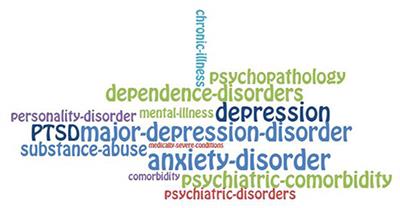





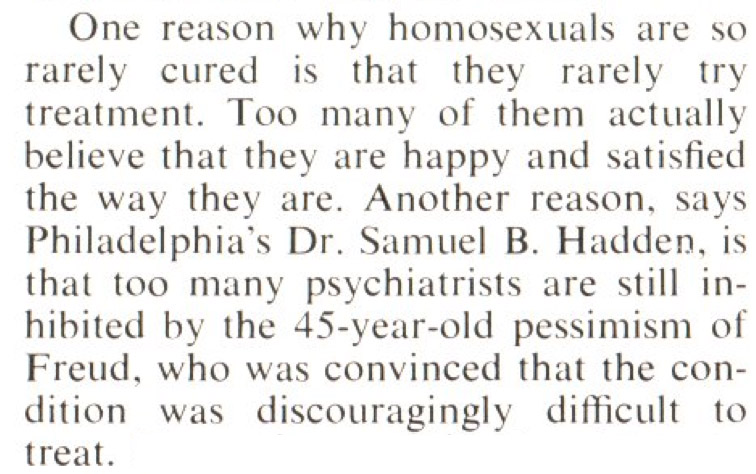


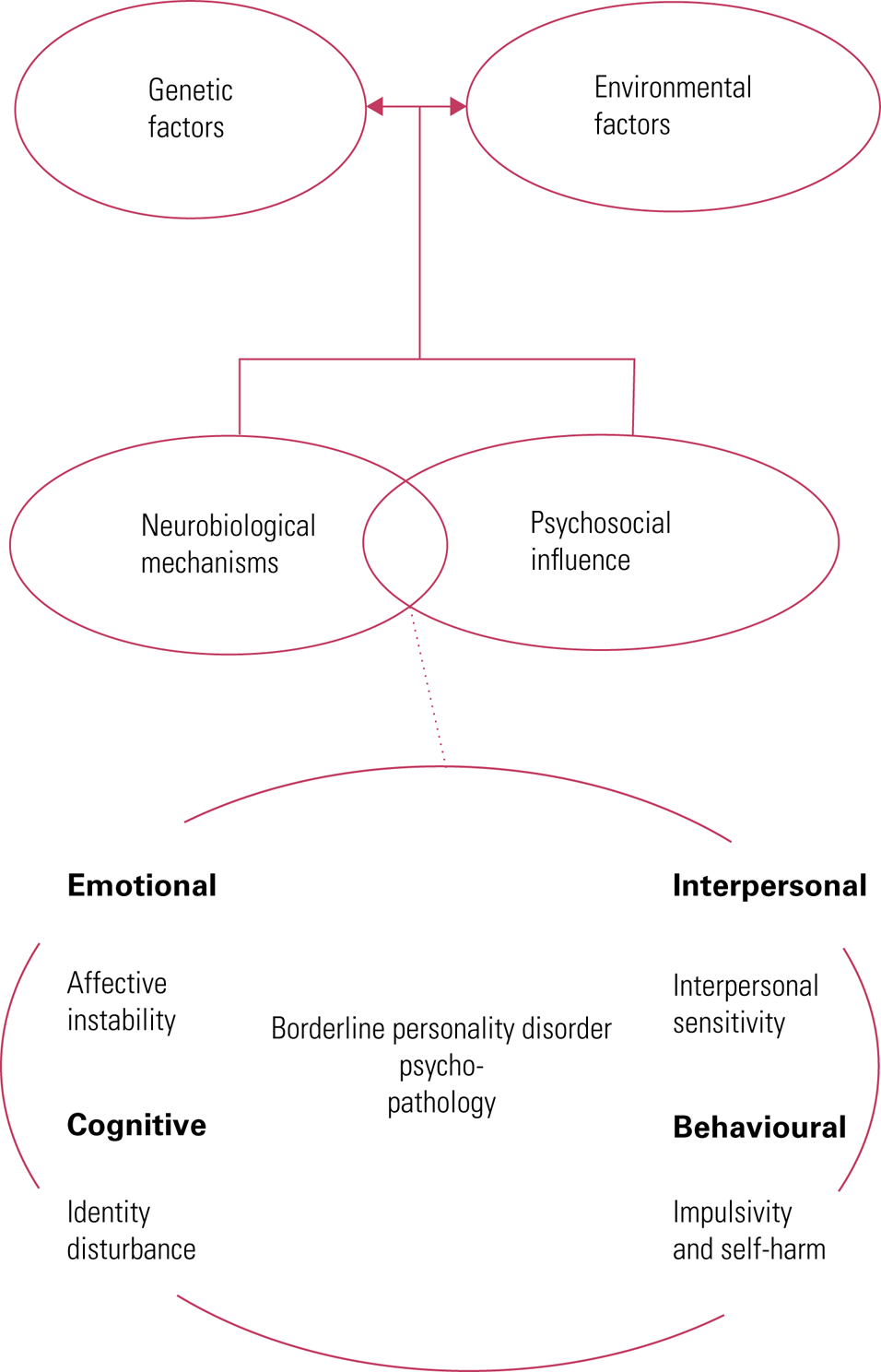

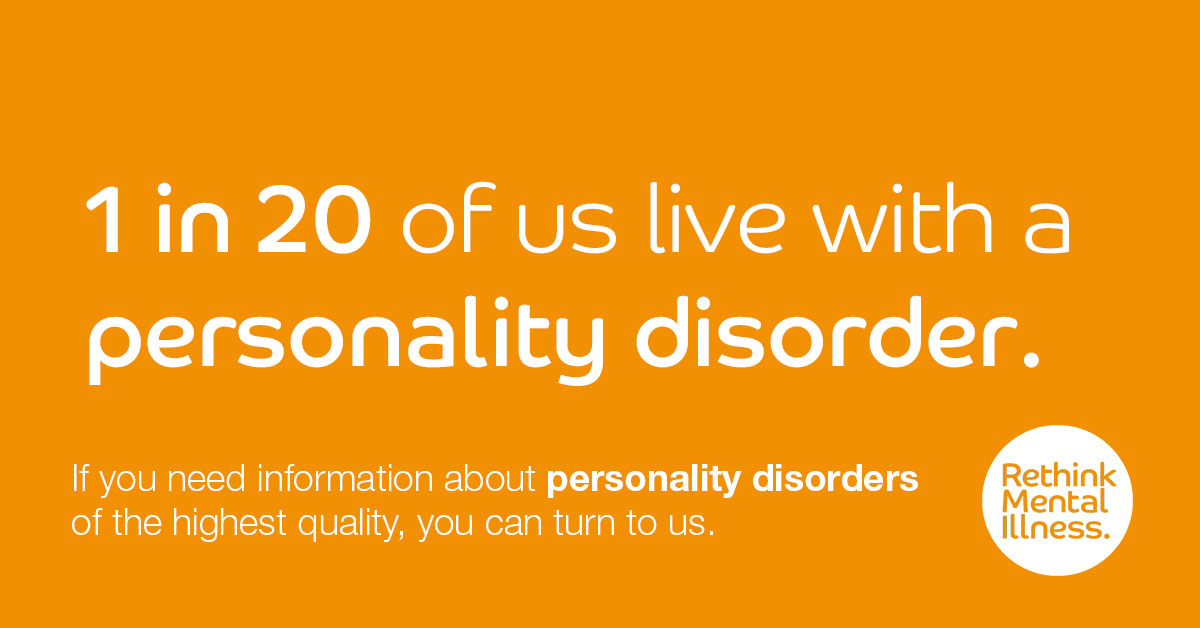



Post a Comment for "39 psychiatrists and psychologists label behavior as disordered when it is"